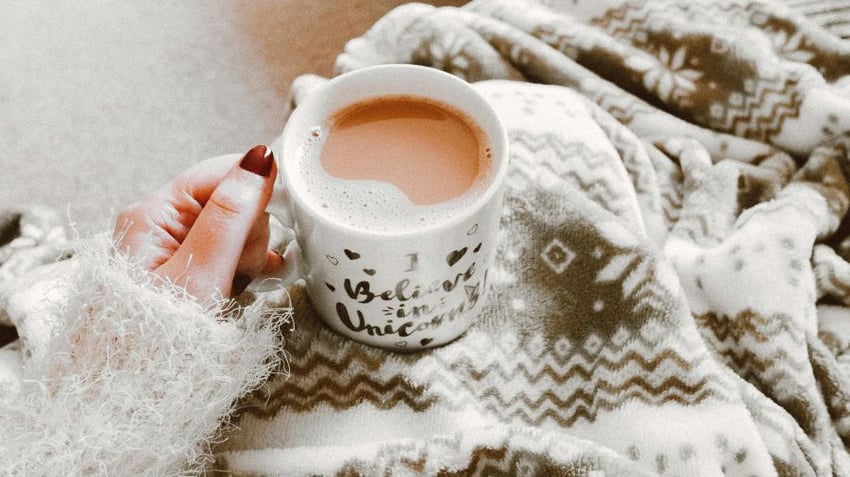Get Winter-Ready While Cutting Emissions and Bills
Take outs:
- Small changes make a big difference. Simple actions like sealing drafts, adjusting your thermostat, and using LED lighting can significantly reduce winter energy costs and environmental impact.
- Efficiency upgrades bring long-term savings. Investing in insulation, efficient appliances, and better windows can cut heating expenses by up to 45%, while increasing comfort and value.
- Incentives can ease the cost of going green. Government rebates and renewable energy schemes can help lower the upfront cost of sustainable home improvements, making eco-friendly choices more accessible.
Get Winter-Ready While Cutting Emissions and Bills
Making your home greener this winter isn’t just about staying warm—it’s about saving money and reducing your environmental impact at the same time. While businesses face increasing pressure to curb emissions, individuals can also make meaningful changes, starting right at home.
Why Act Now?
With heating and cooling accounting for around 40% of household energy use, winter can be an expensive season—especially in older homes that let warm air escape. According to the Federal Department of Climate Change, Energy, the Environment and Water (DCCEEW), Australian households use about 24% of the nation’s electricity and contribute 10% of total carbon emissions. The good news? There are simple ways to cut costs while making your home more energy-efficient.

Quick, Low-cost Ways to Stay Warm and Save
If a full-scale upgrade isn't in your budget, small adjustments can still make a significant difference:
- Close curtains and blinds at night to keep warmth in.
- Seal gaps around windows and doors to prevent drafts.
- Zone your heating—only warm the rooms you use most.
- Adjust your thermostat to a recommended 18-21°C in winter (Energy NSW recommends this to save energy).
- Use LED light bulbs and switch off appliances when not in use.
- Minimise hot water usage—shorter showers, low-flow showerheads, and cold water washing can all help.
Upgrade for Bigger Winter Savings
If you're ready to invest in efficiency upgrades, making changes before the cold sets in can pay off in the long run:
- Insulation: According to the CSIRO, insulating a previously uninsulated home can reduce heating and cooling costs by up to 45%.
- Windows: Up to 40% of a home's heat escapes through windows—double-glazing helps, but even heavy curtains or thermal blinds can boost efficiency.
- Energy-efficient appliances: Upgrading to models with more stars on the Energy Rating label can save money over time.
Take Advantage of Rebates and Incentives
Australia’s sunny climate makes solar power an excellent option, and federal incentives like the Small-scale Renewable Energy Scheme can reduce upfront installation costs by around 30%.
Many local councils and financial institutions also offer rebates, interest-free loans, and incentives for energy-efficient upgrades. Since programs vary by location, check with your local council or mortgage broker to explore available green loan options.

The Takeaway
Making your home more energy-efficient this winter doesn’t just help with heating costs—it’s a smart financial move that contributes to a greener future. Whether you’re making small changes today or investing in long-term upgrades, now is the time to act.
With cooler days ahead, every step you take helps your home—and the planet—stay in better shape.
The information in this article was sourced from AFG. Any advice/information contained in this article is of a general nature only and does not take into account the objectives, financial situation or needs of any particular person or company. Therefore, before making any decision, you should consider the appropriateness of the advice with regard to those matters. The article has been written for general informational purposes only, and is not intended to provide, and should not be relied on for, tax, legal or accounting advice. We encourage you to consult your own tax, legal and accounting advisers before engaging in any transaction. Information in this article is correct as of the date of publication and is subject to change.
Credit services are provided by Kelly Partners Finance Pty Ltd as an authorised credit representative under Australian Credit Licence 389087.
Share this
You May Also Like
These Related Stories

Beating Burnout

The Health Benefits of Sustainable Seafood

/Brand/Logos/Kelly%20Partners%20Accountants%20Logo/Kelly-Partners-Accountants-Horizontal-Logo.webp?width=1500&height=212&name=Kelly-Partners-Accountants-Horizontal-Logo.webp)
%201.webp?width=1920&height=809&name=James%20Howard%20Building%201%20(1)%201.webp)






